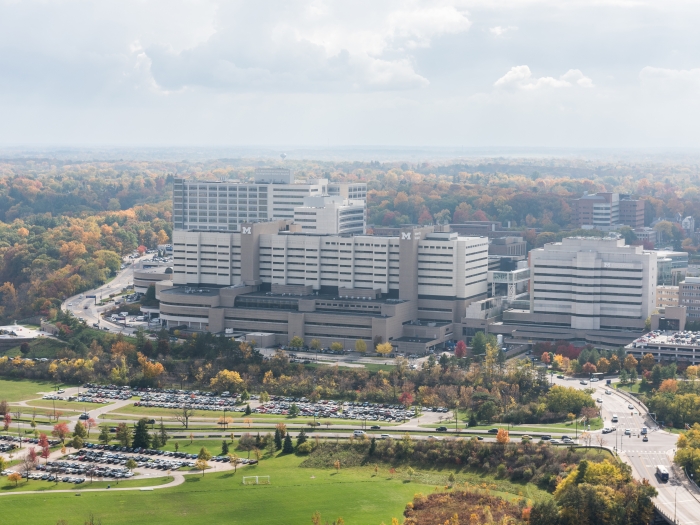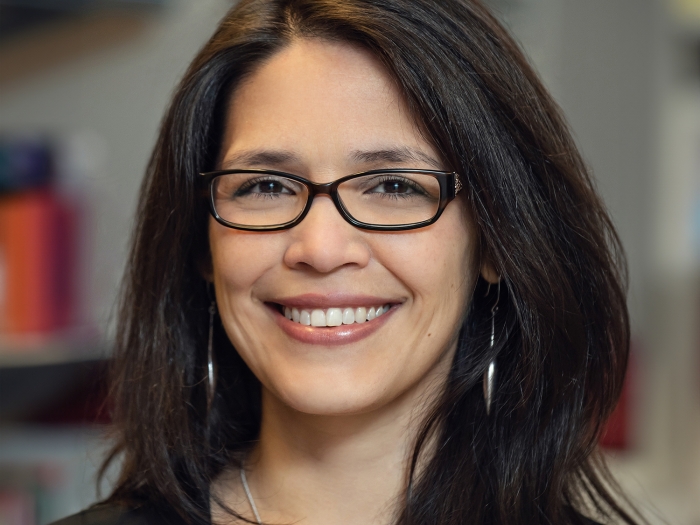7:46 PM
Author |
Hello Readers!
This Winter break I'll be writing quite a few posts to give you all a much-belated glimpse of my first-year med school experiences during the fall semester. Let's begin with the last week of September, which was our first week of Clinical Foundations of Medicine. During this one-week sequence that occurs five times during our first year, we attended lectures and seminars dealing with ethics, health policy, health disparities, and shadowed, met with a provider of alternative medicine, and visited a site that provides healthcare for an underserved population. I was assigned to shadow the director of the Breast Imaging Department, and while I've never pictured myself as a radiologist, the four hours of learning to identify calcifications in mammogram readings, observing physicians perform breast ultrasounds, seeing an image of a breast implant, witnessing conversations between patients and doctors about life-changing healthcare decisions, and listening to residents praise their comfy chairs, the great workday of 7 am - 4:30 pm, and deplore the job scene for radiologists completely opened up a world I had never thought about.
The student-run Curriculum on Health Disparities and the Underserved (more on this in another post I will write this break about opportunities at the med school to work on health disparities education and health equity promotion in the community) planned a series of visits for small groups of M1's to sites that provide healthcare for an underserved community. Subsequently, we discussed our experiences in small groups run by pairs of M2's. Normally, physicians who are interested in medical education are matched with a small group for two or more years and they meet with the small group almost every week to discuss a specific case and theme. But having M2 students facilitate our discussion about our experiences and health equity issues was a refreshing change--students in my group became much more vocal and we argued about issues such as whether medical schools should have a more overt dedication to social justice, if medicine is just another profession and if not, what makes it more than a profession?
The sites my peers visited included Joy-Southfield, a center in Detroit that focuses on healthcare, youth programs, housing, and neighborhood revitalization, a women's correctional facility, a substance-abuse rehabilitation center, and Planned Parenthood. Since commencing medical school, one of the groups I've found a passionate community within is Medical Students for Choice (MSFC). As a member of this group, I thought I wouldn't learn too much more from my assigned visit to Planned Parenthood. However, from my visit I learned about specific legislation in Michigan regarding abortion care that made me realize just how many more barriers to care exist in Michigan compared to in my home state of New York. As our chapter of MSFC attended the National Conference in November, I'll be blogging more about this later in the break...
After a week of shadowing, visiting clinics, and discussing various aspects of healthcare, a couple of my friends and I drove out to see the movie 50/50, which is a comedy drama about a 27-year-old guy who learns that he has a rare form of cancer (yes, a movie about cancer can apparently be hilarious at times...). Maybe because we had just finished our first CFM week, I found myself paying so much more attention to the cold-hearted physician, his stony conversations with the protagonist, the anesthesiologist who tries to cut short the conversation between the protagonist and his mother right before his operation that has a low probability of success. As I talked to my friends while we walked out of the theater, I realized that all of us had found ourselves paying more attention to these interactions. Soon, our conversations turned to our weekend camping trip (next blog post), but it was interesting to note the changes we were already experiencing as we grow into our med student selves...

Department of Communication at Michigan Medicine
Want top health & research news weekly? Sign up for Health Lab’s newsletters today!





